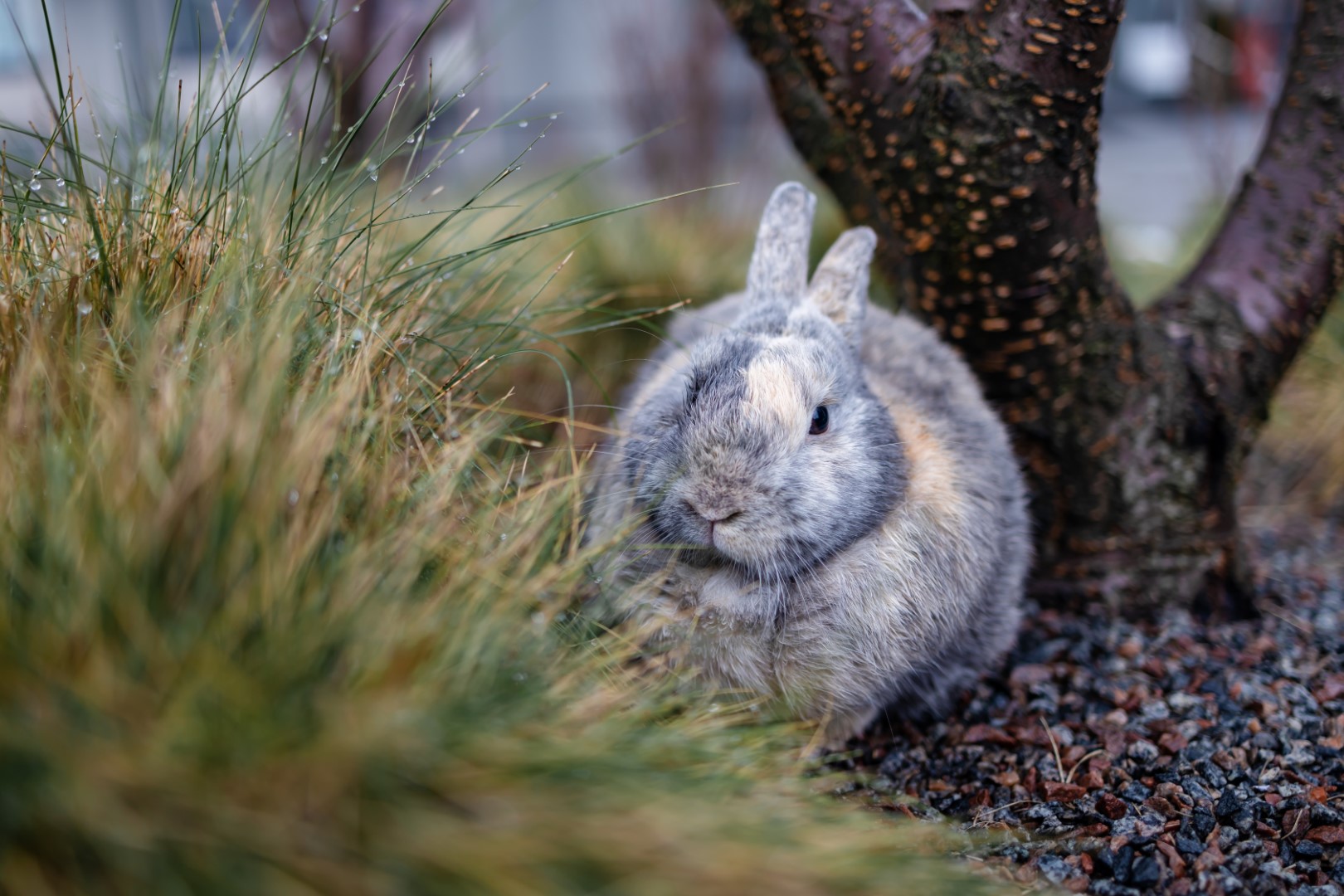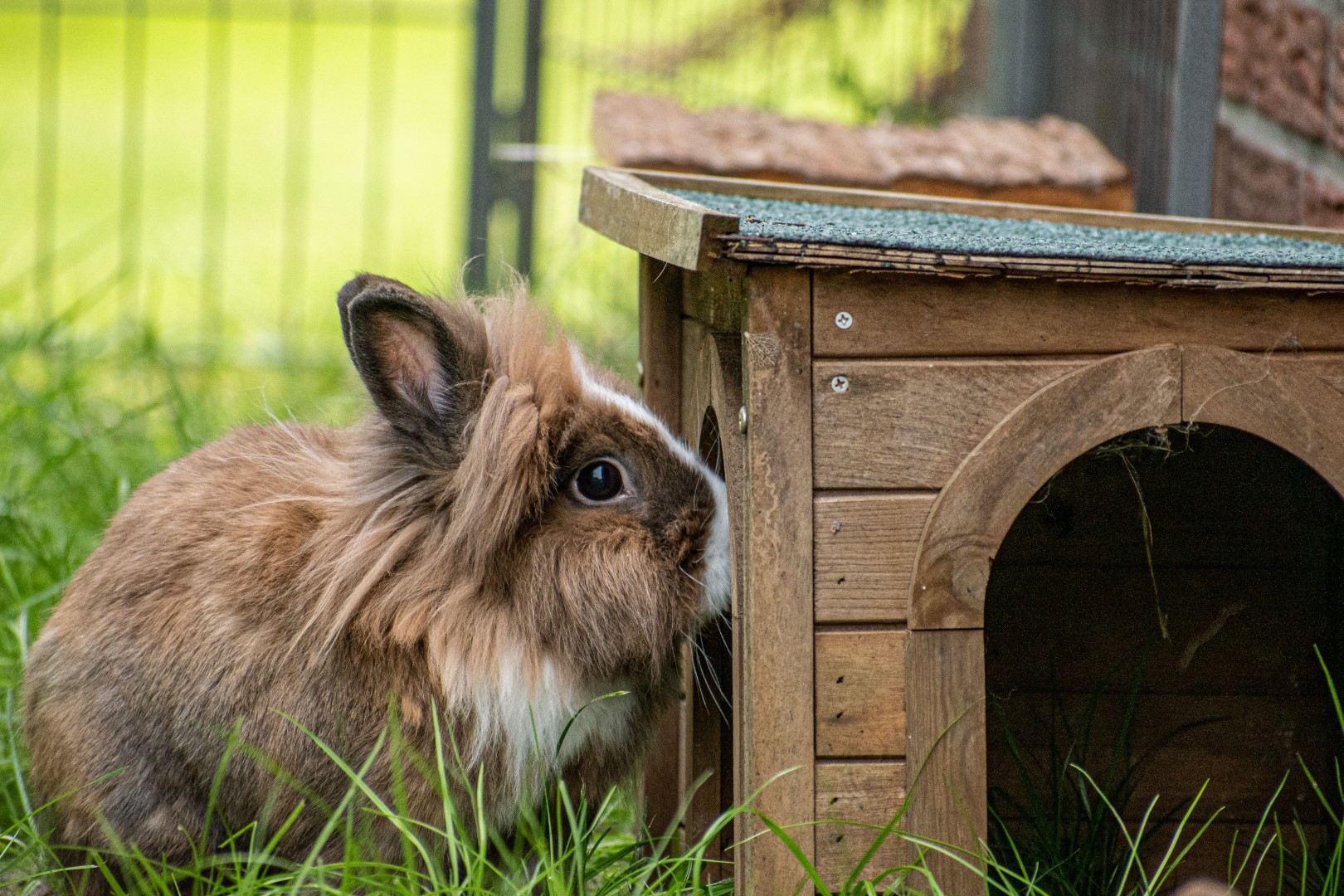Numerous species of wildlife coexist with people in their outdoor living areas. All animals, including birds, bats, shrews, and squirrels, have a particular standing in the environment’s hierarchy. While some people might like to observe specific species at a distance, wildlife invasions can cause damage, make a lot of noise, and possibly spread disease.
These animals may pry through wiring and insulating material, dig holes in gardens, and build nests in attics and crawl spaces, damaging your home significantly. Additionally, through exposure to their saliva, feces, or urine, people and pets can contract many diseases, such as influenza, histoplasmosis, and rabies.
However, with wildlife pest control service in Indianapolis on your radar, you can rest easy knowing that your house is a secure place to relish your privacy. Furthermore, this article’s efficient wildlife elimination strategies and techniques can prevent harm to your loved ones and damage to your home.
Block All Entry Points
Raccoons, skunks, and squirrels often enter houses through broken vents, loose chimneys, and other roofline spaces. Ensure you thoroughly examine these places to keep wild animals from settling into your residence.
Rats and mice can fit through even the smallest cracks and openings to access your home. They can do so via utility lines, gaps under doors, and pipelines. All they need is a quarter of an inch.
It’s a common misconception that wildlife will only enter a home through the chimney if you hardly use it, but this is untrue. Although a roaring flame may be beneath a chimney, which deters animals from entering, they will still attempt to enter your home through chimneys.
Sometimes, a wild animal escapes your chimney and finds its way into the living spaces, which can be upsetting and shocking for the homeowners. On the other hand, animals can get stuck in chimneys and usually die. It’s likely why you smell something irritating from your home’s chimneys.
Block these chimneys to keep animals (like squirrels and raccoons) from your home through this point.
While most roofing vents are covered to keep snow and rain out of your house, animals almost always get through. Raccoons can rip the vent cover with their paws. To guarantee that your roof vents are inaccessible to wildlife, replace the typical roof vent covers with mesh and wraps specifically for animals.
Additionally, if you have exhaust ventilators installed in your home, ascertain you employ efficient animal-proofing techniques to keep pests out of your house through these openings. Once more, you can secure exhaust pipes and extractor vents with animal-proof mesh wire.
Employ Natural Remedies
Natural remedies represent one of the most efficient and economical ways to control wildlife. You may have noticed that essential oils have become increasingly popular recently and wondered which deter wildlife.
The top item on the list is peppermint oil. Wildlife finds the pungent smell of this type of oil offensive. If you utilize this oil, insects and wildlife will stay away from your house. One option is to coat a cotton ball with at least five drops of oil and set it where animals access your home. You can also combine oil and spray to make a peppermint oil solution.
After cleaning up food spills, you can always use white vinegar to wipe down your patio table or counters. In essence, the goal of using vinegar to clean up is to remove any hint of the chemical-based trail. For example, ants and rodents leave a scent or trail that others follow. You can prevent luring wildlife into your residence if the lingering scent disappears.
Store Trash Can Properly

Pests turn your trash into a treasure trove. Ensure you keep and discard your garbage securely to prevent them from going through it. Never place food scraps around the house; always keep them in your kitchen’s trash can. Purchase trash cans with tightly fitting lids to prevent small pests from entering them.
Never Keep Bird Feeders Close By
Observing birds eat from a feeder on your deck could be entertaining. However, the presence of that food tempts other animals to approach for a quick bite. Keep the bird feeders far away to deter unauthorized visitors.
Remove Hanging Branches
Recall that wildlife may jump your fence wall using the tree branches. Just cut those branches and prevent them from hanging over your home’s roofing, workshop, or sheds. Animals may use these limbs as runways.
If not, critters like raccoons, squirrels, and other animals may scale the structure and cause damage.
Install Fence Wall
One of the best ways to prevent large birds or any other animal from straying is to fence your wall. The animal species trying to break into your house will determine the fence you need to build.
You can choose to have a fence that only covers the perimeter of your house or the entire lawn and garden.
Build your fence wall two feet below the surface to provide the ideal resilience to prevent the animal from pushing it in.
Don’t Trap Wildlife Inside
Ensure no animals are present before capping, securing, or shutting any possible entrances. Cover any openings for animals to enter the space with loose insulating material, paper, or fabric they can push away. Check to verify if the material shifts after some days. Otherwise, seal the entry point.
It’s always feasible that newborns or young animals are around, no matter the season. A squirrel gives birth twice yearly: spring and late summer or early fall.
Take care not to break up a mother from her young; doing so can cause the young to die inhumanely or cause the mother to rip back into the area.
Keeping Wildlife out of Your Home

Wild animals are logical, even though they might not appear like it momentarily. Wildlife needs food, water, and a warm place to live out of the weather. Ensuring your property is without these amenities increases the likelihood that any animal sniffing around will leave quickly.
You can adopt several tactics to keep wild animals out of your house. Construct barriers, use natural repellents, contact a pest control expert, tidy up the dining area and hide the trash cans, identify the pests, and determine how to stop them.
Depending on your preferences, the area, and location, one or two ways may prevent wildlife pests from entering your estate. You can ensure the security and well-being of your family by implementing these tactics.
Discover more from Futurist Architecture
Subscribe to get the latest posts sent to your email.




